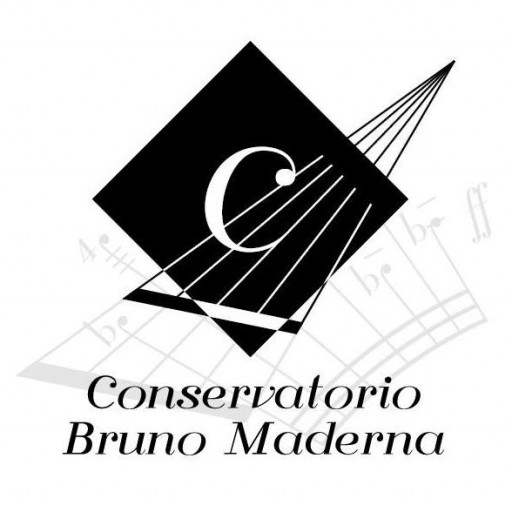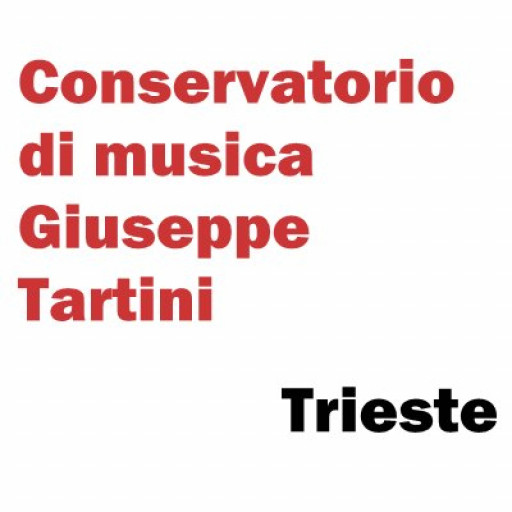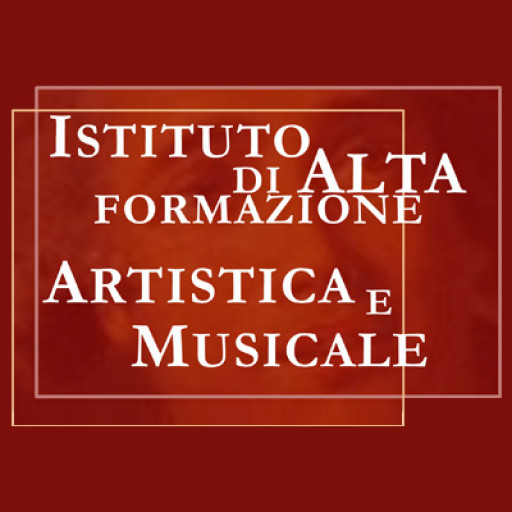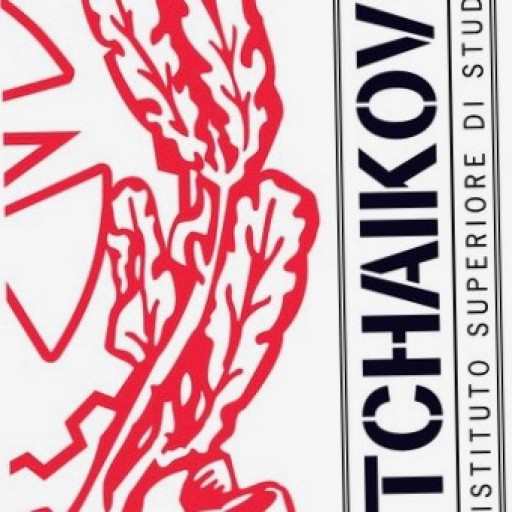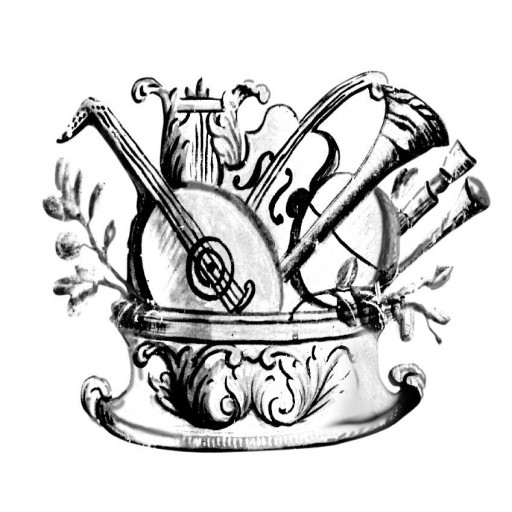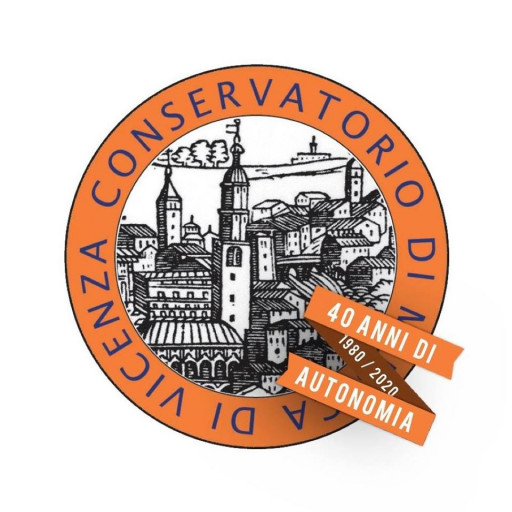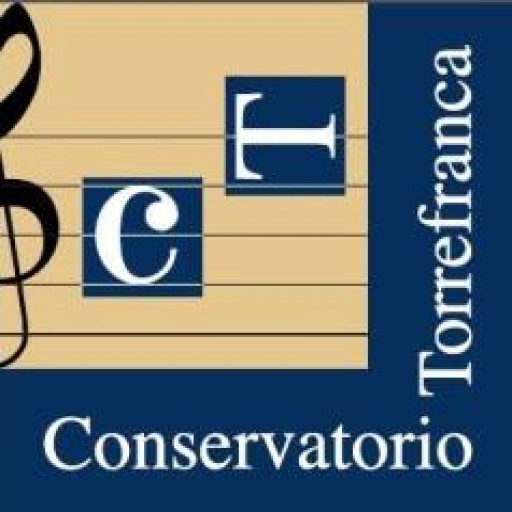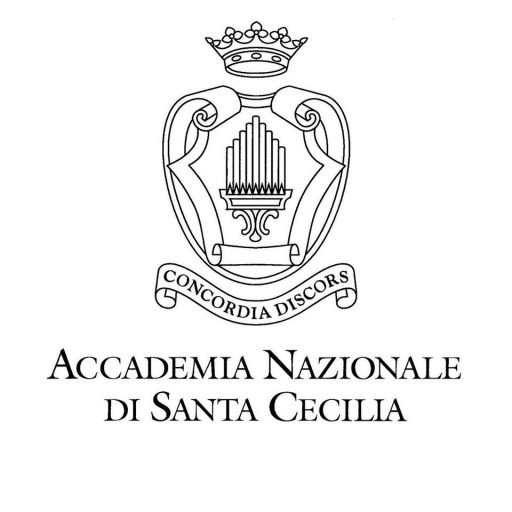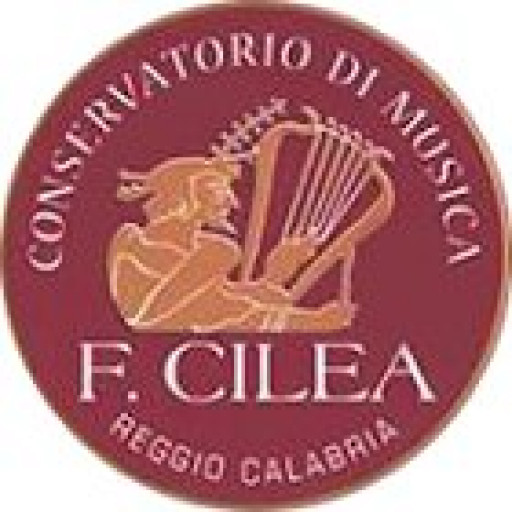The tuning and temperament program at the Conservatory of Music Bruno Maderna offers students an in-depth exploration of historical and contemporary approaches to pitch systems, intonation, and tuning practices essential for performance, composition, and research in music. This program is designed to provide comprehensive knowledge of various tuning systems, including just intonation, equal temperament, mean-tone, and Pythagorean tuning, enabling students to understand their theoretical foundations and practical applications. Students will study the evolution of tuning practices across different musical periods and cultures, analyzing their impact on musical aesthetics, harmony, and expression.
Throughout the course, students will engage in practical training involving the use of tuning software, historical instruments, and modern electronic tools to experiment with different temperaments. They will learn how to accurately tune musical instruments, both keyboard and non-keyboard, adhering to specific tuning systems suited for varied repertoire and performance contexts. The program emphasizes the importance of historical accuracy, artistic expression, and the adaptability of tuning systems to modern and ancient music practices.
Advanced topics include the mathematical principles behind tuning systems, the psychoacoustic effects of different temperaments, and their influence on the perception of consonance and dissonance. Students will also explore the role of temperament in contemporary music, including microtonality and experimental tuning methods. Practical performance labs, seminars with leading experts, and research projects allow students to apply theoretical knowledge in real-world scenarios, fostering a comprehensive understanding of tuning’s role in musical interpretation.
Graduates of the program will be equipped with the skills necessary for specialized careers in early music performance, music research, instrument making, and tuning consultancy. The program aims to preserve and innovate within the field of musical intonation, contributing to both the academic study and practical application of tuning and temperament in various musical genres. Whether preparing for a career in historically informed performance or modern experimental music, students will leave the program with a solid foundation and advanced expertise in tuning and temperament systems.
Program requirements: The degree programme in Tunings and Temperaments at the Conservatory of Music Bruno Maderna is designed to provide comprehensive training in the theoretical and practical aspects of tuning systems and temperaments used in Western music. Applicants are expected to have a solid background in music theory, history, and performance, with prior experience in tuning practice being highly desirable. Admission typically requires passing an entrance exam that assesses candidates' knowledge of basic acoustics, tuning principles, and musical application. Candidates must demonstrate proficiency in at least one musical instrument or voice, with particular emphasis on performance skills related to intonation and tuning. The program emphasizes the study of historical tuning systems such as just intonation, Pythagorean, and meantone temperaments, alongside modern equal temperament, enabling students to understand and implement various tuning methods. Students will engage in theoretical coursework covering the mathematical foundations of tuning systems, the acoustic principles underlying sound perception, and the historical development of temperaments across different musical eras. Practical training involves hands-on exercises in tuning instruments, analyzing tuning systems in performance, and experimenting with alternative temperaments to explore their influence on musical expression. Advanced courses include research projects on specific tuning practices, seminars with guest experts, and performance workshops that showcase the application of different temperaments in live music settings. The program aims to develop students’ analytical skills, technical proficiency, and creative application of tuning principles, preparing them for careers as performers, musicologists, acousticians, or instrument makers specializing in tuning systems. Candidates are expected to participate actively in seminars and practical sessions, complete all coursework and research assignments satisfactorily, and demonstrate a high level of competence in the application of tuning and temperament principles. Upon successful completion, students will receive a degree certifying their expertise in tuned systems and temperaments, equipped to contribute to the fields of historical performance, music theory, and acoustics. No specific degree requirements for the number of credits or courses are provided publicly, but the program adheres to the university’s standards for music specialty studies, ensuring comprehensive coverage of theoretical, historical, and practical aspects of tuning and temperaments through coursework, research, and performance.
The Conservatory of Music Bruno Maderna offers a comprehensive program in music theory and practice, focusing on advanced concepts of tuning and temperament. The curriculum is designed to provide students with a deep understanding of historical and contemporary tuning systems, allowing them to explore various temperaments and their impact on performance and composition. Students are introduced to the mathematical foundations of tuning, including frequency ratios, beat phenomena, and the development of tuning algorithms. The program emphasizes the practical application of these concepts through hands-on workshops, where students can experiment with different tuning systems on various musical instruments. Special emphasis is placed on historical temperaments such as meantone, well temperament, and equal temperament, alongside modern approaches like just intonation and microtonality. The curriculum also includes analysis of tuning systems used in different musical cultures and periods, enabling students to appreciate the diversity and adaptability of tuning practices across the world. The program is taught by experts in the field, who bring a blend of academic rigor and practical experience, ensuring that graduates are equipped with both theoretical knowledge and technical skills. Additionally, students have opportunities to engage in research projects, participate in performances using various tuning systems, and collaborate with composers interested in exploring tuning and temperament in new works. The goal of the program is to cultivate a nuanced understanding of tuning principles that students can apply in performance, composition, and musicology. Ultimately, the program aims to prepare musicians and scholars for innovative work in the fields of tuning and temperament, fostering a new generation of experts capable of advancing the boundaries of musical sound.
